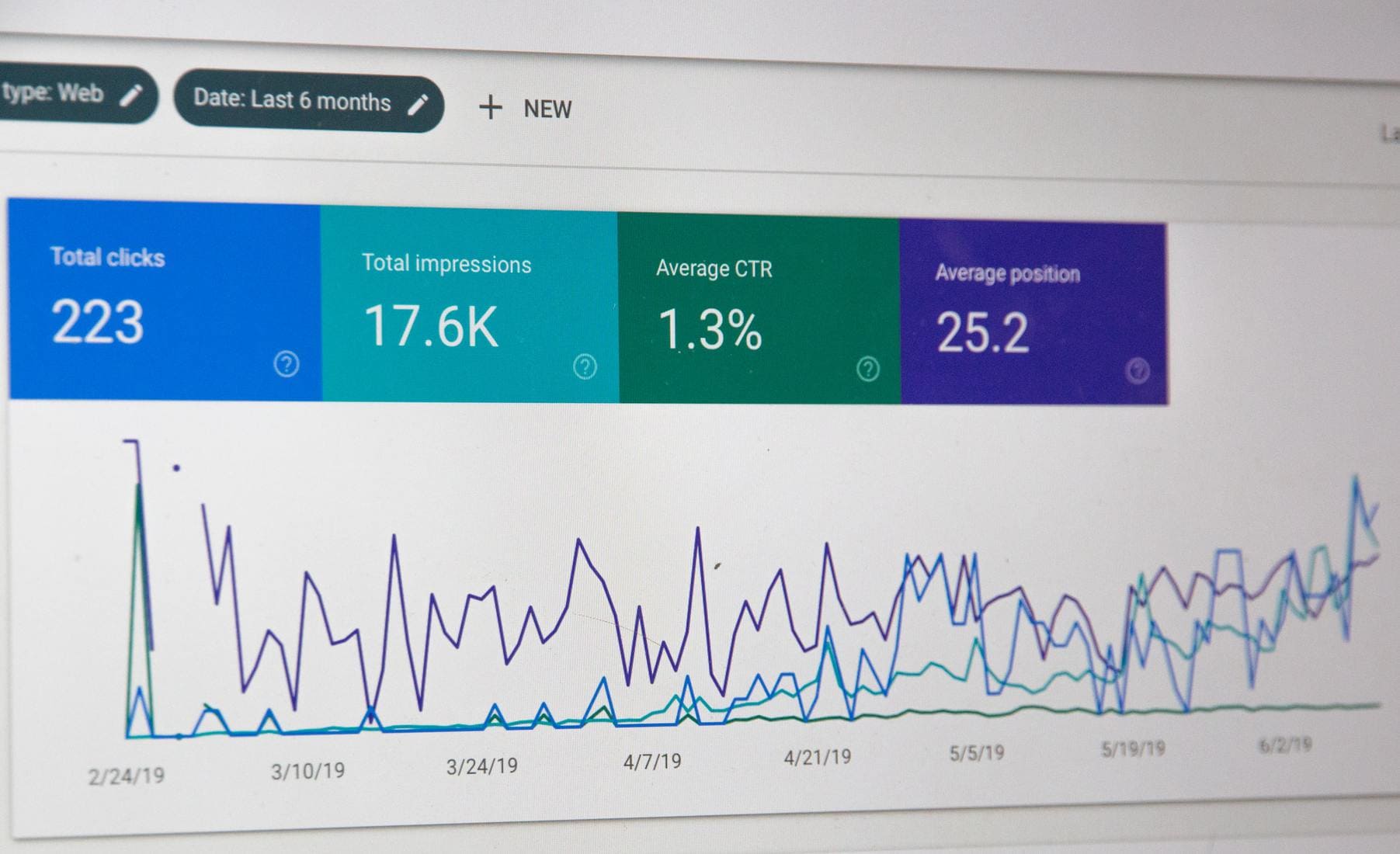Having the internet basically at your fingertips changed the whole game for how we look up things and made it so much easier to find out whatever we want by simply pressing search. But, what does that have to do with your article? Whenever we look up something, we try searching for specific keywords that are related to what we want to see.
Need help finding the perfect #keywords? This article has all the best tips when it comes to completing that task! Share on XWhether it is looking up a recipe, a celebrity interview, or even lyrics to a song, it is the keywords that made the search result happen. And in this article, we’ll show you just how important they are and how to master the art of finding the perfect keywords for your upcoming article. Add that to a link building campaign, and your article will be read by a lot of people!
So let’s get started!
What are keywords and how do they work

They are words and phrases that people look up on search engines (Google, Yahoo, Bing) and they can vary from subject to subject, with no limit to what the curious mind wants to see.
Now, why are they so important? Well, using the perfect keywords that are related to what you’re writing about can lead to more exposure for your blog. The search engines match the keywords in your article to the search and provide your work as one of the generated results
How to find the perfect ones

You probably already have a few keywords in mind that you wish to use, and that’s completely fine, but do they fully connect to what you’re writing about? The first step to finding perfect keywords would be to brainstorm what words relate to what you’re writing.
Are you writing a food blog about vegan food? That there is your niche, and the keywords to match it would be “healthy“, “vegan“, “no-dairy“ and so on.
Now you can see where this is going. Writing your article using specific words you think someone may use to look it up is key. So, find your niche and what words are used to describe the subjects in it and use your own experience as well.
With that said, another good method to figure out what words you should be using is to check with your target audience. Younger people have a tendency to write shorter keywords and phrases, knowing that whatever results show up they will still fit their needs and criteria. Older generations, however, tend to describe whatever they are searching for in as many words as possible, making the search very specific to the problem they have, or interest they want to see.
Using Google Analytics is a good way to go through this, as it can give you an idea of the words that you’re using and their rank in the search results.

Also, using the Google Keyword Planner can be of huge help, as it can easily show you what other words may fit the ones you’re already using. That way the exposure your work gets will be greater, simply because you included a few more words or phrases that might be looked up instead or alongside the ones you’re already using.
Knowing how to look for keywords and who you want to target with them is the behind-the-scenes work necessary for making them just right. But before you go on and start writing a 5-page introduction to your article using all the keywords you’ve thought of just now, take a moment to think about how they should look like.
As a beginner, try using words and phrases that don’t fall under the most popular 200 keywords for your niche, or else you will be completely flooded with competition. Instead, adjust them to your niche in order to make it easier for you to rank under those words.
With the competition being so big, using the keywords your competitors aren’t using as much is a great way to snatch the opportunity your competitors didn’t take. So make them three words, four words if needed, but make them yours.
Think about searching up “pizza“. You’ll get millions and millions of results for that word only. Now, if you add “pepperoni pizza“, the results get thinned out a bit. Lastly, if we add “homemade pepperoni pizza“, the results for what we’re searching are so much more specific to what we want to see. Meaning that if you make the search as closely knit as you can you will boost the possibility of the article being clicked on.

You should also think about why people would search for your article in the first place. Are your keywords going to be specific for an event, region, or even a season?
Certain keywords get more clicks during certain times, such as “present ideas“ during holidays or Mother’s Day, “swimsuit“ during summer, or “hiking trails“ in areas with high altitudes.
So think, is your content going to be used for informational purposes? Or maybe commercial ones? All of those things should be taken into consideration when picking out the keywords that suit your article best.
Extra tip
Visit websites such as Moz Keyword Explorer to see the actual volume of searches for the keywords you wish to use. Also, look them up on Google Trends and try using SpyFu Keyword Research Tool to get more competitive keyword data.
Conclusion
As you continue to write, you will accumulate a number of keywords related to your work. Using the right ones, you will be able to rank higher, so give yourself time to figure out which keywords will be the ones you’re starting with.

